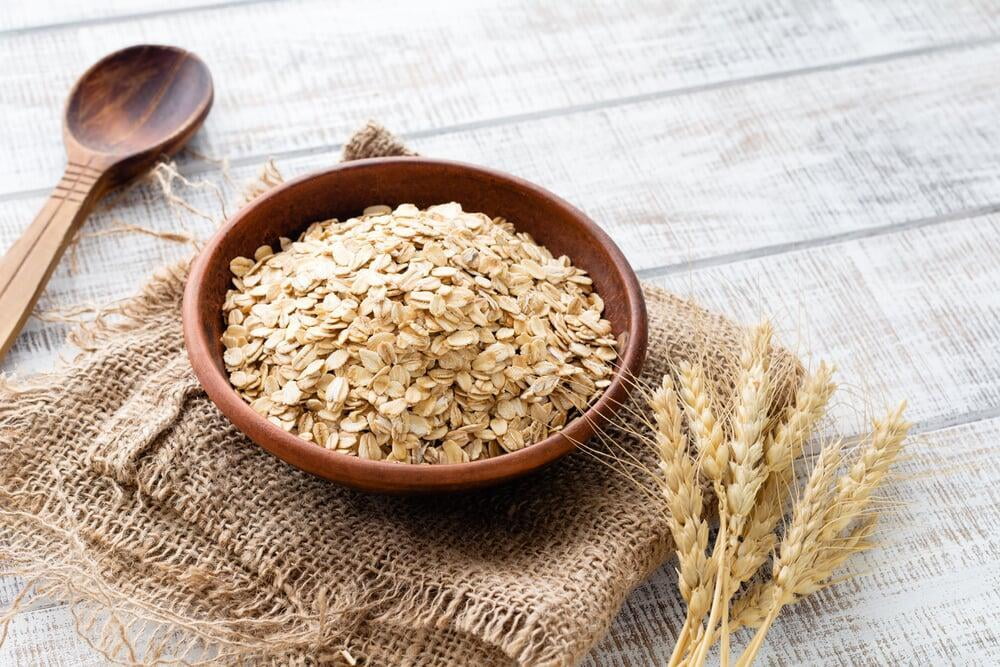Important Regulatory Note: According to the Food Standards Australia & New Zealand (FSANZ) Code, oats and their products cannot be included in foods labeled 'gluten-free'.
Oats, esteemed for their nutritional richness and culinary adaptability, have been a fundamental part of global diets for centuries. Yet, a recurring debate in health circles persists: are oats gluten-free? This question holds significant weight for those with coeliac disease or gluten sensitivities and for those exploring the feasibility of oats in a gluten-free diet. This article aims to provide a comprehensive overview of the relationship between oats and gluten, dispelling prevalent misconceptions, and shedding light on the gluten content in oats and their compatibility with a gluten-free lifestyle.

The Origins of Oats
The Origins of Oats
Oats are an ancient grain, first grown thousands of years ago in the Fertile Crescent. Unlike other common grains like wheat, barley, and rye, oats in their pure, unprocessed form do not contain gluten — the protein famed for lending elasticity and volume to baked goods. However, oats do contain a protein called avenin, a protein that bears a structural resemblance to gluten.
What is Avenin?
What is Avenin?
Avenin is a protein similar in structure to gluten, yet distinct in its composition. This subtle distinction sets oats apart, placing them in a unique category within the spectrum of traditional grains. For most people, avenin is not problematic. However, for some individuals with coeliac disease, avenin can trigger an immune response similar to that of gluten.
The sensitivity to avenin varies, with some able to tolerate it in small amounts, while others may experience adverse reactions. Understanding this variability is vital for those with gluten sensitivities when considering the inclusion of oats in their diet.
What is Coeliac Disease?
What is Coeliac Disease?
Coeliac disease is an autoimmune disorder activated by gluten ingestion, found in wheat, barley, and rye. This condition leads to an immune response that damages the small intestine's lining, hindering nutrient absorption. Symptoms vary but commonly include digestive issues like bloating and diarrhea, as well as broader effects such as anemia and fatigue.
Untreated, coeliac disease can lead to serious complications including osteoporosis and neurological issues. For those diagnosed, a strict gluten-free diet is critical. This diet is the main treatment for coeliac disease, as it aids in healing the intestinal lining and prevents further damage. Avoiding gluten in all forms, even in trace amounts found in processed foods or medications, is essential for managing this condition and maintaining overall health.
Should I Include Oats In My Gluten-Free Diet?
Should I Include Oats In My Gluten-Free Diet?
The decision to include oats in a gluten-free diet requires careful consideration. Oats, by their natural composition, do not contain gluten. However, they are often processed in facilities that also handle wheat, barley, and rye, leading to cross-contamination. For those with strict gluten-free diets, it’s crucial to choose oats that are labeled as "certified gluten-free," ensuring they have been processed in a gluten-free environment and tested for contamination.
What are Good Oat Alternatives If I’m coeliac?
What are Good Oat Alternatives If I’m coeliac?
For those who are cautious about including oats in their diet due to gluten concerns, there are several nutritious and safe alternatives. Quinoa flakes, amaranth, buckwheat, and rice cereals stand out as excellent substitutes. These grains offer a similar texture and health benefits as oats but are free from gluten or avenin content.
Additionally, for a convenient and delicious alternative, MHF Co's Free-Lo Muesli Gluten-Free and Free-Fruity Muesli Gluten-Free are excellent choices. These products provide the same satisfaction as traditional oat-based muesli while ensuring a completely gluten-free experience. Incorporating a variety of gluten-free grains and seeds, along with these specially crafted muesli options, not only ensures a safe diet for those with coeliac disease but also adds diversity and flavour to your dietary choices.
Final Takeaway: Are Oats Gluten Free?
Final Takeaway: Are Oats Gluten Free?
In conclusion, oats in their natural form do not contain gluten, but the risk of cross-contamination in processing and the presence of avenin—a protein similar to gluten—make it essential for individuals with coeliac disease or gluten sensitivities to approach oats with caution. Choosing certified gluten-free products is a prudent step for those adhering to a strict gluten-free diet.
For those seeking alternatives, options like Monster Health Food Co offers a range of nutritious, gluten-free alternatives. Shop the full range of products today.
